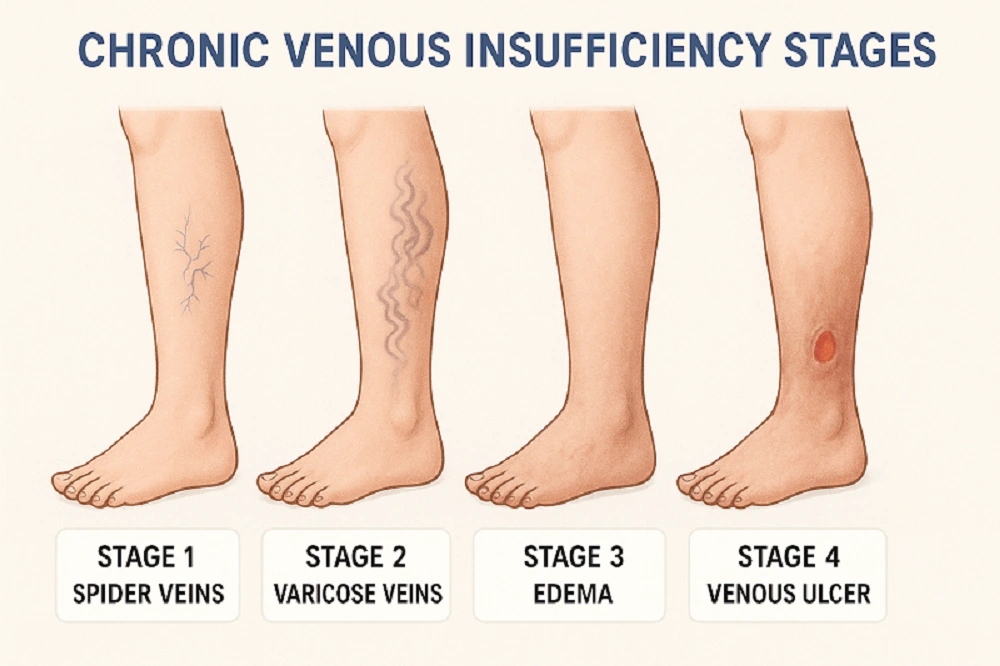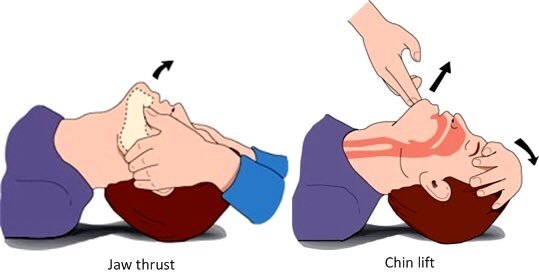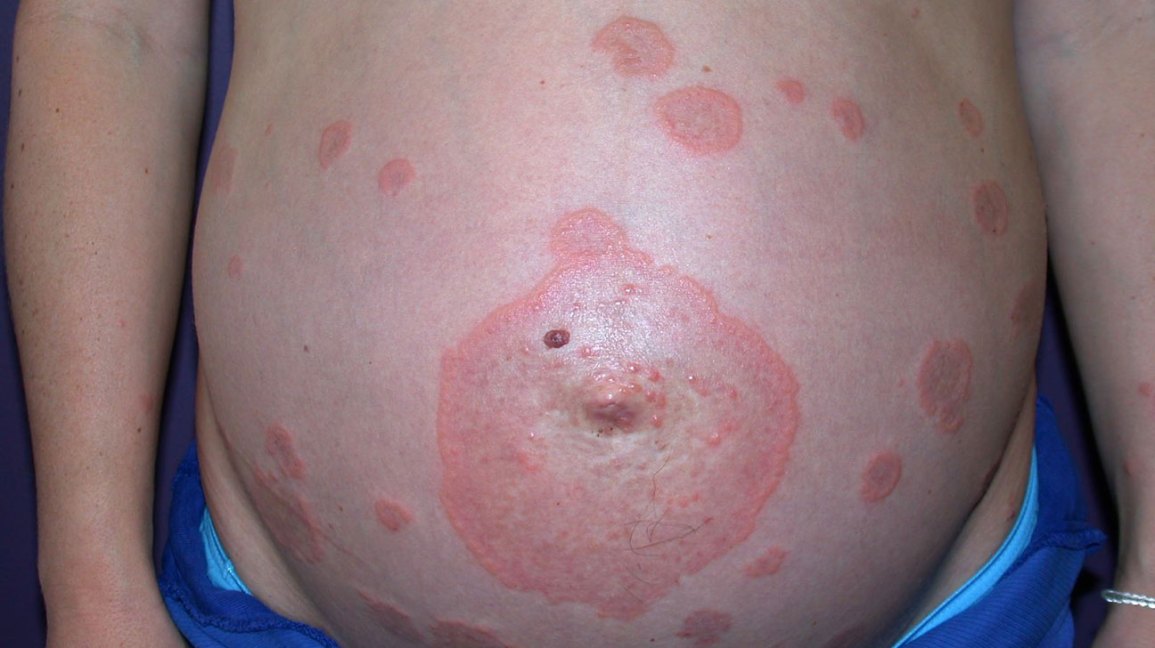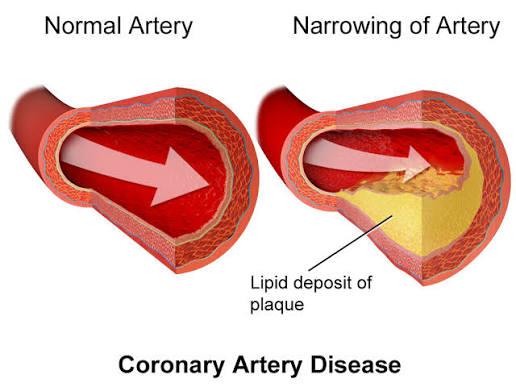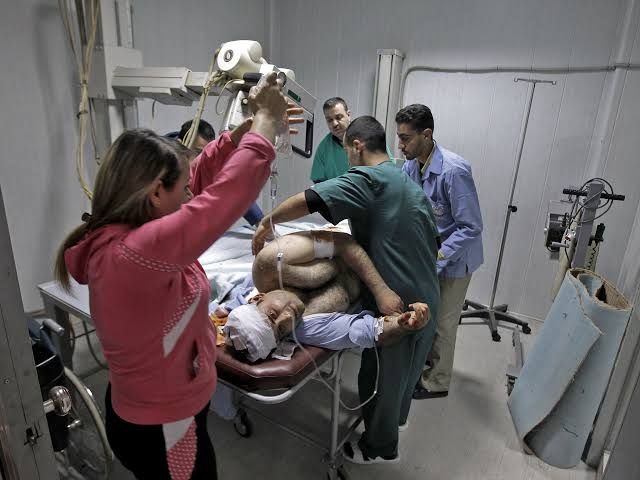
Definition of Torture
Torture, in the context of forensic medicine, is defined as the intentional infliction of severe physical or psychological pain or suffering on an individual, often to obtain information, punish, intimidate, or coerce. It is recognized as a violation of human rights and is condemned by international law. Forensic medicine plays a crucial role in documenting and assessing the physical and psychological effects of torture on victims, providing essential evidence for legal proceedings and human rights advocacy.
Various Techniques of Torture
Torture techniques can be broadly categorized into physical and psychological methods:
- Physical Torture Techniques:
- Beatings: Inflicting blunt force trauma using fists, clubs, or other objects.
- Electric Shock: Applying electric current to sensitive areas of the body to induce pain.
- Waterboarding: Simulating drowning by pouring water over a cloth covering the face.
- Suspension: Hanging individuals by their limbs or other body parts for extended periods.
- Burning: Using fire or hot objects to cause burns on the skin.
- Psychological Torture Techniques:
- Isolation: Prolonged confinement without social interaction.
- Threats: Intimidating victims with threats of violence against them or loved ones.
- Deprivation: Denying basic needs such as food, water, sleep, or medical care.
- Humiliation: Subjecting individuals to degrading treatment that undermines their dignity.
These techniques can have immediate and long-lasting effects on victims’ physical and mental health.
Sequel of Torture
The sequelae of torture can be extensive and multifaceted:
- Physical Sequelae:
- Chronic pain conditions resulting from injuries sustained during torture (e.g., fractures, nerve damage).
- Long-term disabilities due to mutilation or severe injury.
- Increased susceptibility to infections due to untreated wounds.
- Psychological Sequelae:
- Post-Traumatic Stress Disorder (PTSD), characterized by flashbacks, anxiety, and emotional numbness.
- Depression and suicidal ideation stemming from trauma experiences.
- Anxiety disorders that may manifest as panic attacks or generalized anxiety.
- Social Sequelae:
- Stigmatization and isolation from communities due to experiences of torture.
- Difficulty reintegrating into society after release from captivity.
- Economic Sequelae:
- Loss of employment opportunities due to physical or psychological impairments.
- Increased healthcare costs related to ongoing treatment for torture-related conditions.
Duties of Medical Doctor for Managing Patients of Torture
Medical doctors play a vital role in managing patients who have experienced torture:
- Assessment and Documentation:
- Conduct thorough medical examinations to identify injuries consistent with torture.
- Document findings meticulously using standardized protocols (e.g., Istanbul Protocol) for legal purposes.
- Treatment:
- Provide immediate medical care for acute injuries (wounds, fractures).
- Address chronic health issues arising from torture (pain management, rehabilitation).
- Psychological Support:
- Offer mental health support through counseling or referral to mental health professionals specializing in trauma care.
- Advocacy:
- Advocate for the rights and needs of torture survivors within healthcare systems.
- Education:
- Educate colleagues about the signs of torture and appropriate responses when treating affected individuals.
Ethical Issues in Relation to Various Types of Torture
The ethical implications surrounding torture are profound:
- Informed Consent: Medical professionals must navigate complex ethical dilemmas regarding consent when treating victims who may not be able to provide informed consent due to trauma.
- Confidentiality vs. Reporting Obligations: Physicians face challenges balancing patient confidentiality with legal obligations to report instances of torture when they arise during treatment.
- Role in Legal Proceedings: The involvement of medical professionals in documenting evidence can raise ethical concerns about becoming complicit in systems that perpetuate human rights abuses.
- Non-Maleficence Principle: The principle obligates physicians not only to do no harm but also actively work against practices like torture that cause significant harm both physically and psychologically.
- Professional Integrity: Medical practitioners must maintain professional integrity while navigating pressures from authorities that may condone or ignore acts of torture.
In conclusion, understanding the definition, techniques, sequelae, responsibilities in treatment, and ethical considerations surrounding torture is critical for forensic medicine practitioners working with survivors.




